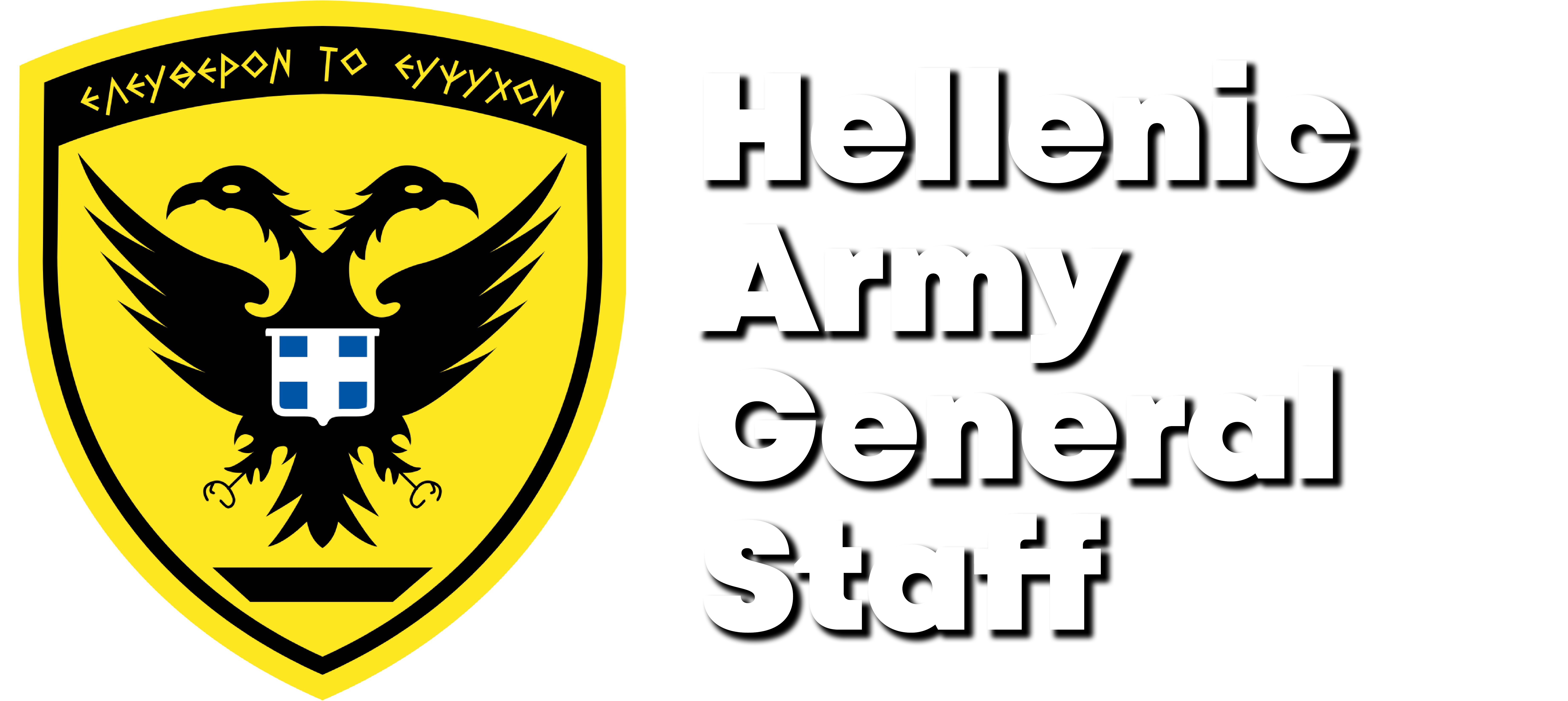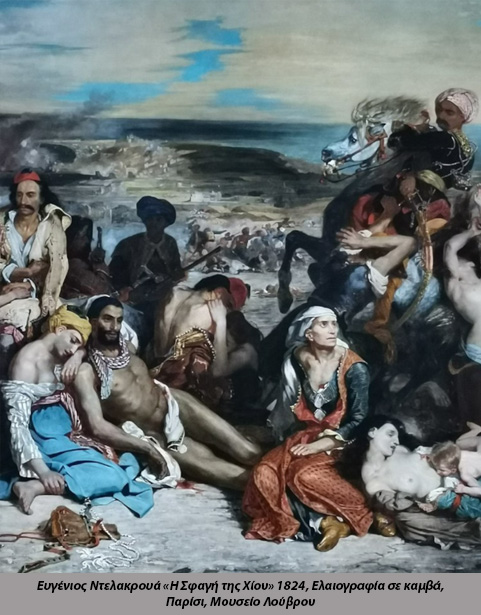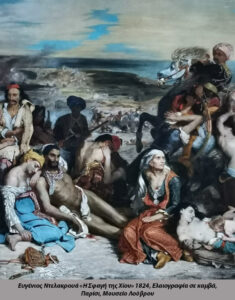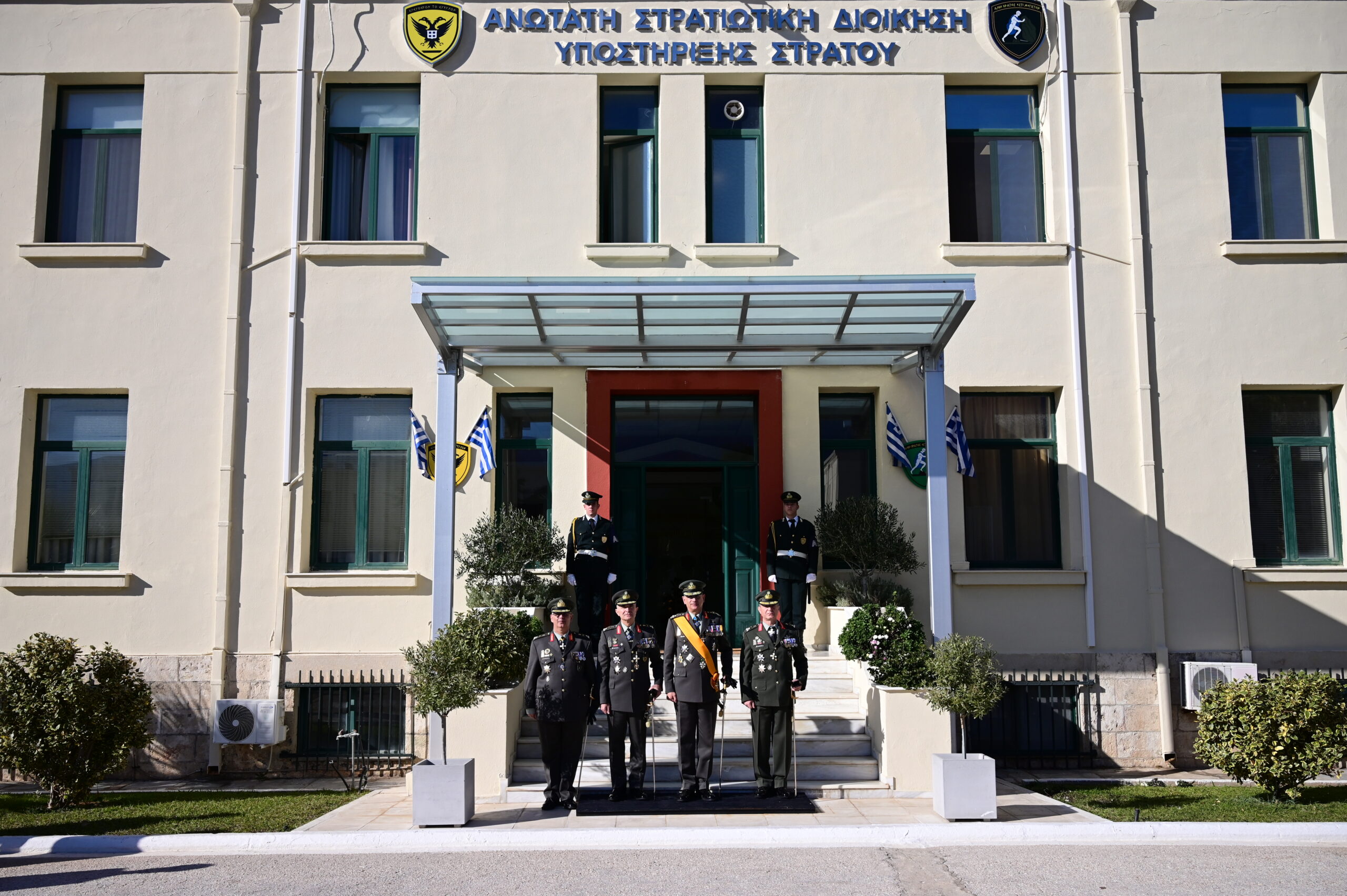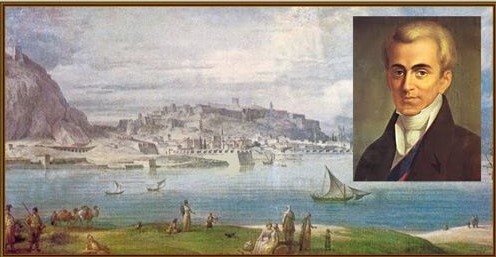The island of Chios enjoyed substantial privileges granted by the Ottomans, for whom mastic was a very important product. The commencement of the Greek Revolution of 1821 and the successful revolution on Samos signaled a time of hope that the moment of liberation from the Ottoman yoke was at hand.
The surprise landing of rebels from Samos on the island of Chios (10 March 1822) and the blockade of the island’s Fortress, prohibiting the Ottomans’ escape, made the Sultan take exacting and exemplary measures. Thus, he ordered the murder of 3 notables who were hostages and of 60 merchants who were in Istanbul. At the same time, the Ottoman fleet bombarded the town and 7.000 men disembarked on the island, putting an end to the Fortress’s siege, while new forces reached the island from the coast of Asia Minor (Cesme) opposite Chios. The revolutionary hotbeds were eliminated and the Ottomans secured the control of the island.
The local population had already gathered on the west coast to securely escape to nearby Psara. Kara Ali promised amnesty for everyone and with the help of the consuls of Austria, England and France convinced the local population to return to their homes without retaliation. These hollow promises were followed by looting, arson targeting properties, slaughters and captivity of the inhabitants.
From the approximately 100.000 inhabitants, several were killed and others were captured. Only the inhabitants who escaped to the Mastichochoria, which had been granted amnesty by the Sultan, were saved. The destruction of Chios stunned Europe and underlined the Ottoman savagery. However, it reinforced even more the revolutionary spirit of the Greeks across Europe.
#ΕλληνικόςΣτρατός, #HellenicArmy
